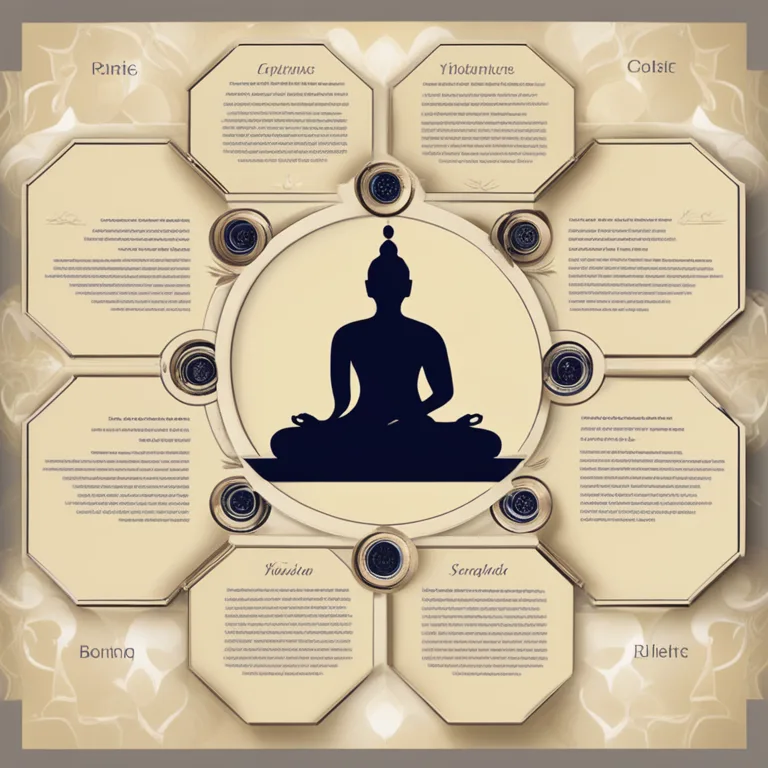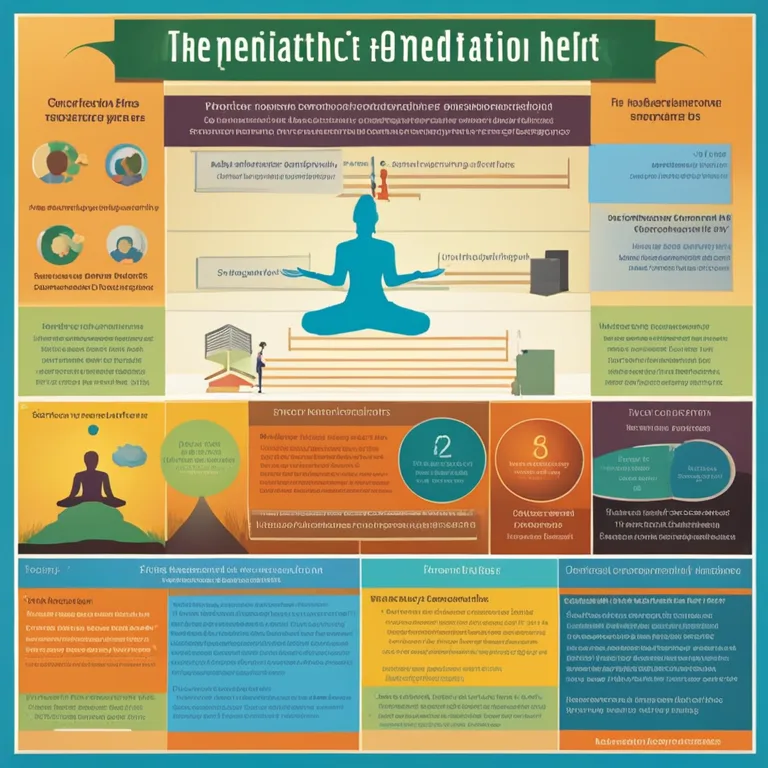
Meditation: The Essence of Techniques in Psychology
Delve into the psychological underpinnings of various meditation techniques and discover their benefits for mental well-being.
article by Hina Kurosawa
Defining Meditation Practices
Meditative practices have long served as a gateway to enhanced self-awareness and psychological well-being. Within the realm of psychology, the definition of meditation extends to any form of structured or semi-structured technique that promotes states of focused attention and heightened awareness. While traditional forms of meditation have roots in religious and spiritual practices, contemporary approaches have been adapted for secular and therapeutic settings, addressing the psychological needs of individuals across various contexts. These practices, in essence, foster improvement in cognitive functions, emotional regulation, and stress resilience.

Psychological Underpinnings
The psychological community has shown increasing interest in codifying meditation's impact on the human mind. Meditation is viewed as a mental training technique that cultivates mindfulness, or the ability to maintain attention on present-moment experiences with acceptance. Neuroscientific research indicates that regular meditation can rewire brain circuitry and alter activity in regions associated with attention, emotional regulation, and self-awareness. These changes support the therapeutic benefits of meditation, including reduction in symptoms related to anxiety, depression, and chronic pain.

Concentration and Mindfulness
Meditation techniques are often categorized into concentration-based and mindfulness-based practices. Concentration methods, such as focused breathing or mantra recitation, direct the practitioner’s attention to a single point of reference. This singularity of focus curtails the proliferation of distracting thoughts and cultivates mental steadiness. On the other hand, mindfulness meditation encourages an open-monitoring approach, where attention flows freely without attachment or judgment to any thought or sensation. This fosters a non-reactive state that can offer profound insights into the nature of thoughts and emotions.

Therapeutic Applications
Within psychology's framework, meditation is increasingly employed as a therapeutic tool. Techniques such as Mindfulness-Based Stress Reduction (MBSR) and Mindfulness-Based Cognitive Therapy (MBCT) are evidence-based programs that meld meditation with psychotherapeutic elements. These approaches have demonstrated efficacy in mitigating stress, enhancing coping mechanisms, and preventing relapse in depressive episodes. As psychological science progresses, meditation's therapeutic repertoire is poised to expand, catering to diverse mental health needs.

Overcoming Psychological Barriers
Adopting and acclimating to meditation techniques can be met with initial resistance due to innate psychological barriers. Skepticism, restlessness, and frustration are common challenges for beginners. However, expert guidance and gradual practice can aid in overcoming these hurdles. Developing patience and a non-judgmental stance towards one's meditation experience can incrementally enhance cognitive flexibility and deepen meditation's psychological benefits.
Tools for Modern Life
As we progress further into the 21st century, meditation meets modernity not only in technique but also in accessibility. Digital platforms, virtual reality environments, and biofeedback systems offer novel ways to engage with meditative practices, ensuring that these age-old techniques remain relevant and widely available for a generation surrounded by technological stimuli. Tailoring meditation to fit the needs and preferences of various populations helps integrate this practice into everyday life, with the potential to address contemporary stressors and psychological strains.
Published: 1/8/2024
Modified: 1/8/2024
More predictions
Come back here soon to learn more about yourself and your future


Meditation Techniques: A Handbook
Discover the breadth of meditation methods to enhance your wellness journey.


Meditation: Finger Techniques Explored
Discover the art of finger meditation to harmonize body, mind, and spirit through ancient practices for modern wellness.


Jain Meditation Techniques for Inner Peace
Discover the serenity and spiritual depth of Jain meditation practices in a comprehensive article tailored for modern seekers.